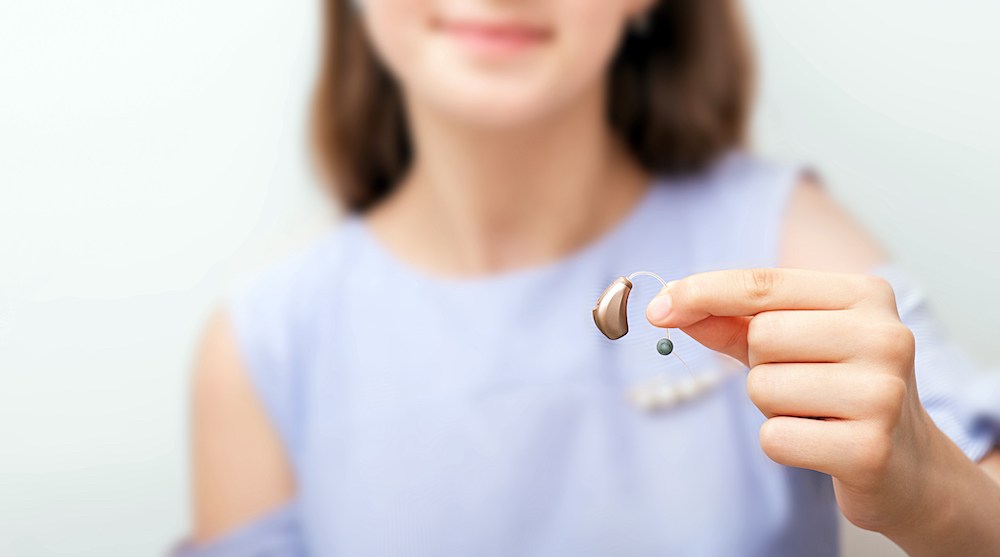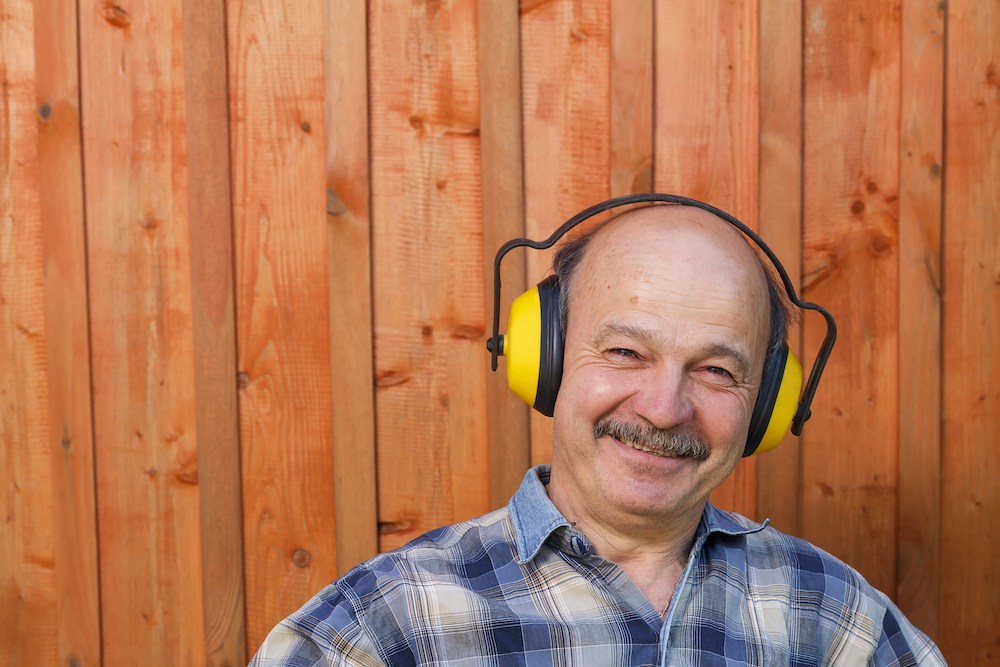How to Prepare for Your Upcoming Hearing Test
A hearing test, administered by an audiologist, is a straightforward


A hearing test, administered by an audiologist, is a straightforward

Swimming and water activities are popular pastimes enjoyed year-round.

Many people across the United States have some form of hearing loss that